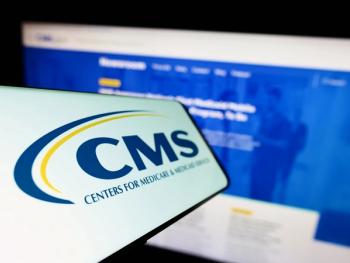
Gene Therapy Organizations Call for 10-Year Ban on Heritable Genome Editing
While heritable human genome editing is banned in the United States, across Europe and much of the world, the technology raises concerns about potential misuse.
Three major gene and cell therapy organizations called for a global 10-year moratorium on heritable human genome editing, warning the technology remains too risky for clinical use.
The joint
The moratorium targets heritable human genome editing, which involves modifying embryos, eggs or sperm and passing genetic changes to future generations. This differs from somatic cell gene editing, which modifies a patient’s DNA in non-reproductive cells to treat disease but cannot be inherited by offspring. The organizations stated that current scientific capabilities are insufficient to guarantee safety and that consensus on regulatory approaches and the ethics of the technology are lacking.
“Germline editing has very serious safety concerns that could have irreversible consequences,” said Bruce Levine, M.D., the Barbara and Edward Netter Professor in Cancer Gene Therapy at the University of Pennsylvania and past president of the ISCT in the statement. “We simply lack the tools to make it safe now and for at least the next 10 years.”
The call comes as the field grapples with the implications of technology that could theoretically eliminate genetic diseases but also potentially alter human evolution. The first gene-edited children were
The organizations contrasted heritable editing with advances in somatic cell gene therapies, which have provided treatments for genetic diseases within established ethical and regulatory frameworks. These therapies modify DNA within the body’s non-reproductive cells to treat or potentially cure diseases caused by genetic mutations.
“There is no compelling medical need to use HHGE,” said David Barrett, chief executive officer of ASGCT. “We should not pursue this problematic technology when we have effective, proven tools, including gene therapy and gene editing techniques that can transform the treatment of serious diseases.”
The declaration outlines specific guardrails to prevent premature adoption, including strengthening international and national legal prohibitions on clinical use, denying academic or financial incentives to researchers pursuing unsanctioned work, and restricting access to necessary equipment and materials.
“Global regulatory bodies have an important role to play in preventing immature science like germline editing from reaching patients before significant safety and ethical questions have been resolved,” said Bambi Grilley, professor of pediatrics and director of Clinical Research and Early Product Development for the Center of Cell and Gene Therapy at Baylor College of Medicine.
While heritable human genome editing is banned in the United States, across Europe and much of the world, the technology raises concerns about potential misuse for non-medical purposes, including programming desired traits and eradicating undesired ones in what critics describe as eugenics.
"We convened a broad and diverse group of stakeholders, recognizing that the question of whether we should use HHGE is not just for scientists, but also for patients, religious leaders, bioethicists, biotechnology leaders and policymakers—all of us," said Tim Hunt, chief executive officer of ARM.
“This is one of the most important bioethical questions of our time — and a 10-year global moratorium will help ensure it will not be rushed.”
Newsletter
Get the latest industry news, event updates, and more from Managed healthcare Executive.























